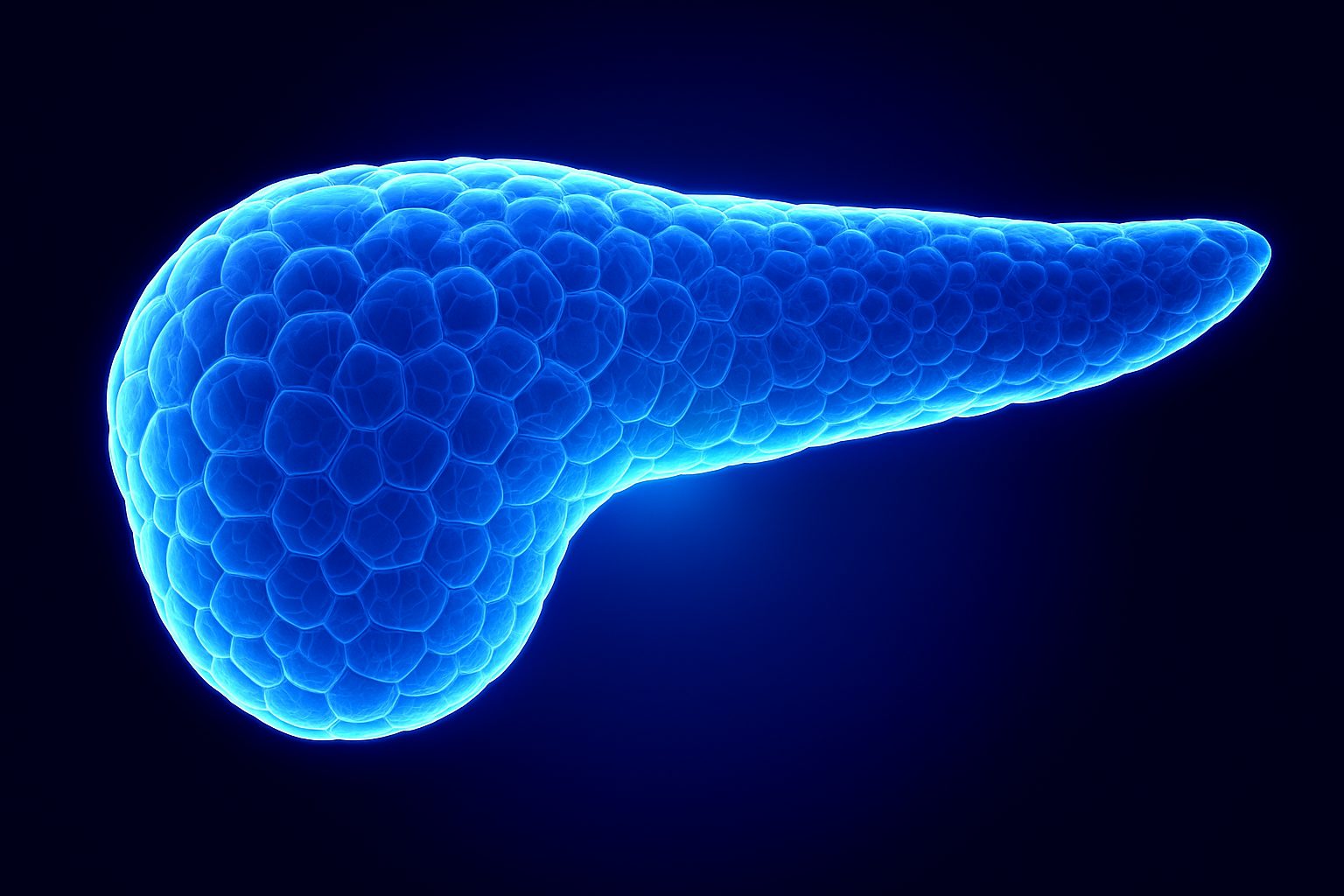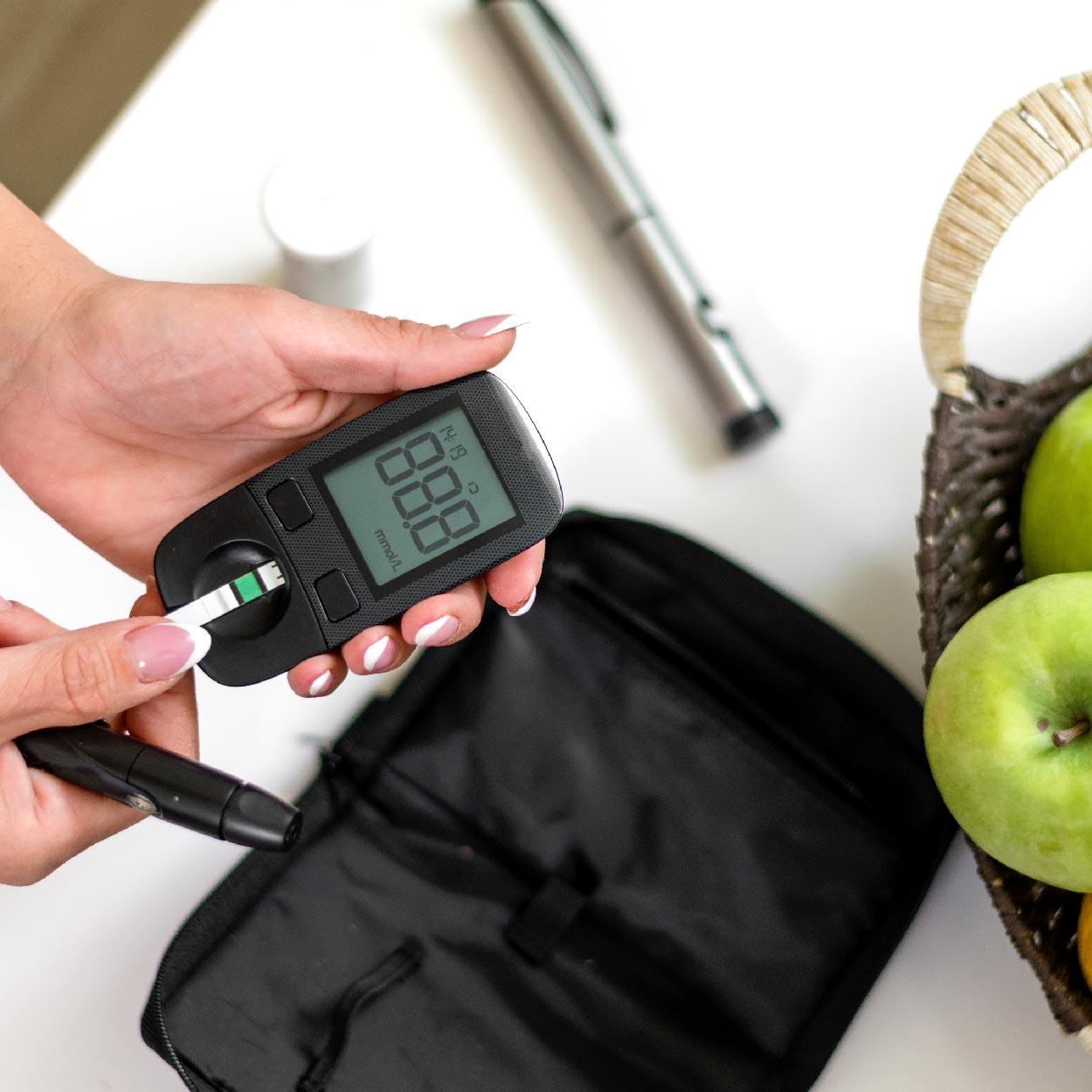How Do GLP-1s Help Diabetes?
GLP-1 receptor agonists, often referred to simply as GLP-1s, are a class of medications that have revolutionized the treatment of type 2 diabetes. These medications not only help lower blood sugar levels but also support weight loss, improve heart health, and reduce the risk of diabetes-related complications. But how exactly do they work—and why are they such a game changer?
What Are GLP-1 Receptor Agonists?
GLP-1 stands for glucagon-like peptide-1, a naturally occurring hormone in the body that plays a key role in regulating blood glucose. GLP-1 receptor agonists mimic this hormone, helping the body control blood sugar more effectively, especially after eating.
Some of the most common GLP-1 medications include:
- Ozempic® (semaglutide)
- Trulicity® (dulaglutide)
- Mounjaro® (tirzepatide)
- Bydureon® (exenatide)
These medications are typically taken as weekly or daily injections, depending on the specific prescription.
How Do GLP-1s Help Manage Type 2 Diabetes?
GLP-1s help people with diabetes in several powerful ways:
- Lower Blood Sugar Levels
GLP-1s enhance insulin secretion in response to high blood sugar while suppressing glucagon, a hormone that raises blood sugar. This dual action helps prevent post-meal glucose spikes and improves overall glycemic control.
- Slow Gastric Emptying
These medications slow the rate at which food leaves the stomach, leading to a more gradual absorption of glucose. This helps reduce sudden blood sugar spikes after meals and can also increase feelings of fullness.
- Support Weight Loss
Excess weight is a major contributor to insulin resistance. GLP-1s suppress appetite and reduce caloric intake, which often leads to significant weight loss—a benefit for both diabetes management and overall health.
- Lower Risk of Heart Disease
Some GLP-1 medications have been shown to reduce the risk of major cardiovascular events like heart attack and stroke, making them a preferred option for people with type 2 diabetes and existing heart disease.
Are GLP-1s Right for You?
While GLP-1s are effective, they’re not for everyone. They’re generally prescribed for people with type 2 diabetes who haven’t achieved adequate blood sugar control with lifestyle changes and oral medications. Common side effects include nausea, vomiting, and constipation—though these often lessen over time or can be managed with proper nutrition and hydration.
Speak to your healthcare provider to determine whether GLP-1 therapy is appropriate for your individual treatment plan.
Final Thoughts
GLP-1 medications offer a multifaceted approach to diabetes care—helping control blood sugar, manage weight, and reduce complications. As research continues to evolve, they are quickly becoming a cornerstone of modern diabetes treatment.




